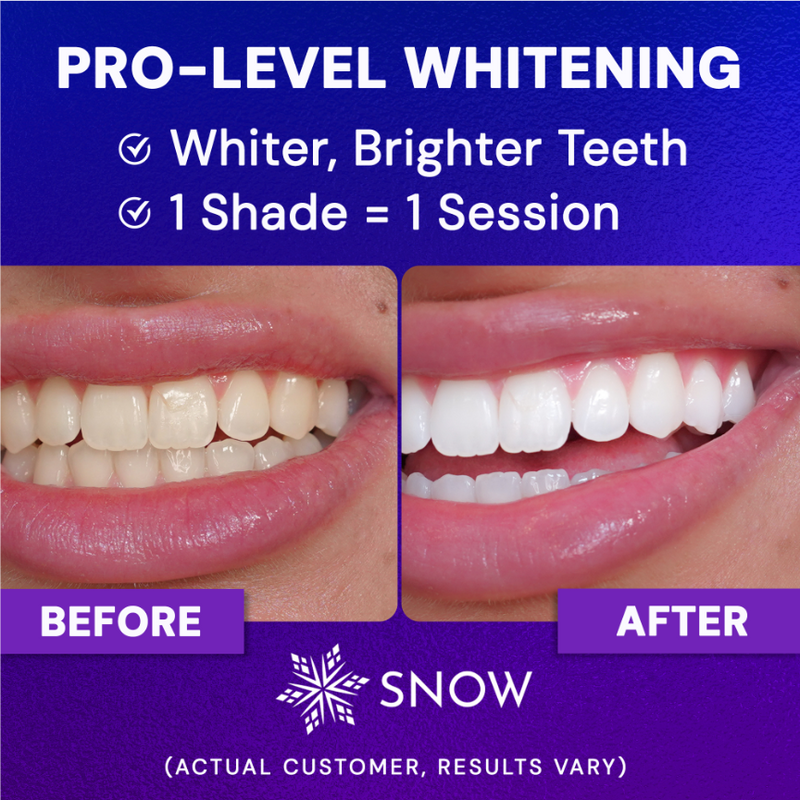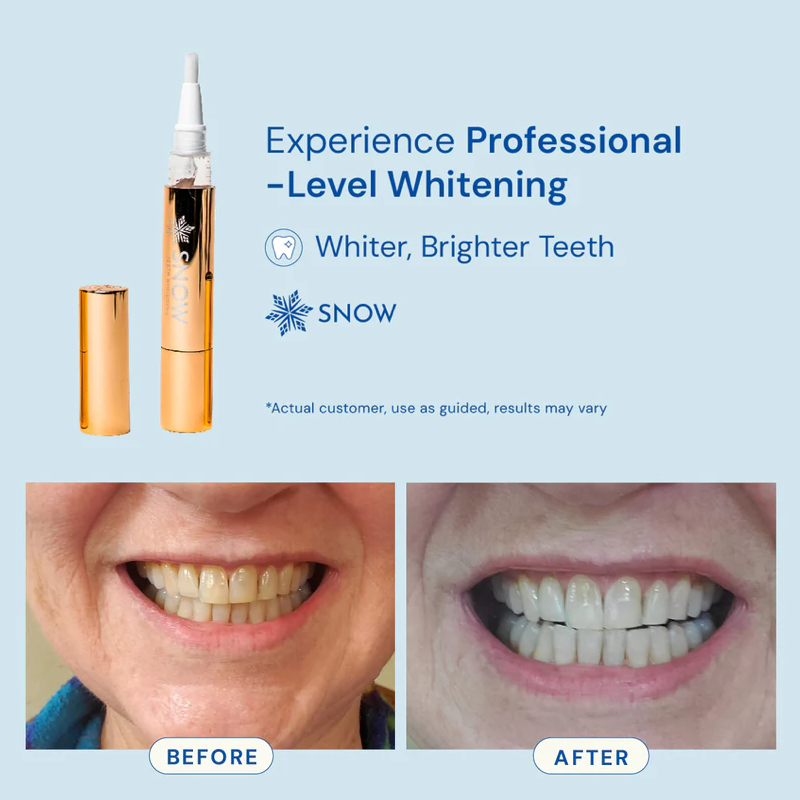Having a healthy and beautiful smile is something that many people strive for, but it can be difficult to know what the best oral care routine is.
From brushing and flossing to using mouthwash and visiting the dentist, many different steps are required for proper oral health and hygiene. But which steps are essential for optimal oral health? In this article, we will explore the best oral care routine and how you can ensure your teeth and gums stay in tip-top shape.
The first step in any good dental hygiene routine is brushing your teeth at least twice a day with fluoride or hydroxyapatite toothpaste. Brushing helps remove plaque from your teeth and helps prevent gum disease. Flossing your teeth should also be done at least once a day to help remove food particles and plaque between your teeth that brush bristles can’t reach.
In addition to daily brushing and flossing, it’s important to visit your dentist regularly for professional cleanings. Your dentist can spot issues that you may not be able to see on your own, such as cavities or gum disease. Regular check-ups also give your dentist an opportunity to provide advice on improving your oral hygiene habits if needed.
So now that you know the basics of your dental care and hygiene, let's explore the best oral care routine to ensure you have healthy teeth and gums!

TIPS TO BOOST YOUR ORAL HYGIENE ROUTINE
Good oral hygiene is an important part of overall health. Taking the time to properly care for your teeth and gums can help you avoid a variety of dental issues, such as cavities, gum disease, and tooth decay. The American Dental Association (ADA) recommends brushing your teeth twice a day with fluoride or hydroxyapatite toothpaste and flossing daily for optimal oral hygiene and gum health.
To further boost your oral hygiene routine, visiting the dentist regularly for check-ups and cleanings is important. Chewing sugar-free gum after meals can help stimulate saliva production, which helps neutralize acidic foods and rinse away food particles. Additionally, be sure to use a soft-bristled brush when brushing and floss around the gum line to remove any plaque buildup.
Taking these steps can help protect your teeth from damage and keep your mouth healthy for years to come.
WHAT CONDITIONS ARE LINKED TO ORAL HEALTH?
Good oral hygiene is an important part of overall health and wellbeing. While brushing, flossing, and regular dental visits are part of a healthy oral hygiene routine, there are other conditions that can be linked to oral health problems.
Gum disease, bad breath, and tooth decay are all problems that can arise due to poor oral hygiene. All of these conditions have been associated with an increased risk of heart disease and other systemic diseases in the body.
Sugary drinks and poor nutrition can contribute to these issues as well. Regular brushing, flossing, and avoiding sugary drinks can help prevent these problems from occurring in the first place.
PRODUCTS NEEDED FOR OPTIMAL ORAL CARE
Having good oral care is essential for maintaining a healthy mouth and can help prevent conditions such as dry mouth or bad breath. The products needed for optimal oral care include electric toothbrushes, brush heads, interdental brushes and water flossers.
When using an electric toothbrush it's important to ensure the correct brush strokes are used; up-and-down, circular, and back-and-forth. Additionally, brushing twice daily with the right brushing technique will help reduce plaque build-up and maintain fresher breath.
It's also recommended to limit alcoholic drinks that may contribute to a dry mouth. Interdental brushes are great for removing food particles between your teeth that regular brush bristles cannot reach. Finally, using a water flosser helps remove any remaining debris on the teeth and gums for healthier oral care.
By incorporating all these products into your daily routine you can be sure of optimal oral health; from fresher breath to cleaner teeth.
WHAT ARE THE ADVANTAGES OF GOOD ORAL HYGIENE?
Good oral hygiene is essential for healthy teeth and gums. A good oral hygiene routine prevents cavities, gum disease, and other dental issues. This routine should include brushing twice a day with fluoride toothpaste, flossing at least once daily, and visiting the dentist regularly.
Drinking plenty of water can also help keep your mouth clean by washing away oral bacteria.
Regular brushing helps remove plaque from teeth and prevents damage to the tooth enamel. Flossing helps remove plaque between teeth that a toothbrush can't reach, reducing the risk of cavities and gum disease. Visiting your dentist or dental hygienist every six months allows them to spot any signs of decay or periodontal disease before it worsens.
Good oral hygiene is important as it not only affects your mouth's health but also affects your whole body's health. Poor oral health has been linked to other medical conditions like stroke, heart attack, diabetes, cancer etc., so taking care of your teeth and gums and maintaining a good oral hygiene routine is important.
WHAT INGREDIENTS SHOULD I LOOK FOR IN TOOTHPASTE?
Choosing the right toothpaste is an important part of your routine when it comes to dental care. When evaluating toothpaste, you should look for certain ingredients that will help protect your teeth and gums.
First, fluoride or hydroxyapatite is essential in helping prevent cavities and fight off bacteria. Look for a toothpaste containing hydroxyapatite if you can, as this can help keep your teeth healthy and remineralize enamel. In addition, try to find toothpaste with antibacterial properties, as certain oral bacteria can cause gum disease.
When brushing your teeth twice a day, use circular motions and ensure you reach all areas of the mouth. Make sure to brush each front toothbrush's surface and use a c-shape motion when brushing along the gum line. Don't forget to brush your tongue as well. This helps remove bacteria and freshen breath too.
Additionally, avoid using tobacco products and limit alcoholic drinks as these can reduce saliva production, which helps protect your mouth from plaque buildup and other germs. Finally, don't forget to floss every day with your middle fingers!
Good oral hygiene requires taking special care of your teeth and gums on a daily basis. With the right toothpaste and proper technique, you can ensure you are doing the best job possible to keep your mouthwash your smile healthy for years to come!
CONCLUSION
Good oral hygiene is essential for maintaining a healthy mouth and body. Taking the time to properly care for your teeth, gums, and tongue can help reduce the risk of developing serious medical conditions such as gum disease, heart disease, diabetes, and more. The products you choose, how you brush and floss, and how often you visit the dentist all play important roles in keeping your oral health in top shape.
When it comes to choosing toothpaste and other oral care products, it is important to look for ingredients that have been proven to be effective in preventing cavities and gum disease. Additionally, it can be helpful to talk with your dentist about what kind of toothpaste is best suited for your individual needs.
Overall, taking good care of your teeth requires a comprehensive approach. Cleaning your teeth twice daily with fluoride toothpaste is an important part of any good oral health routine. Additionally, regular flossing will help remove plaque build-up between teeth and at the gum line.
Finally, meeting with your dentist twice a year for check-ups is essential for the early detection of any potential issues that may arise. With these simple steps combined with the right products and ingredients, you can give your mouth the best care possible!
FAQS
WHAT IS THE GOLDEN RULE FOR ORAL HYGIENE?
Brush your teeth regularly.
It's crucial to brush your teeth every single day. Various other oral health problems and issues, including tooth decay, gingivitis, plaque/tartar buildup, and even tooth loss, can result from not cleaning your teeth.
WHAT ARE THE 5 PROPER STEPS FOR ORAL CARE?
-
Brush: Use a gentle toothbrush and fluoride toothpaste twice a day. Wait 30–45 minutes after eating or drinking to lower oral acids. After breakfast and before bed, brush.
-
Floss: Daily flossing cleans tiny places between teeth. Flossing before brushing allows toothpaste fluoride to cover more of the tooth surface. To gently clean each tooth, choose a time of day when you're not rushed.
-
Rinse: Ask your dentist about mouthwash kind and frequency. Some destroy bacteria, contain fluoride, or both. After using mouthwash, wait 30 minutes before eating, drinking, or rinsing.
-
Gum: After eating, chew xylitol-sweetened gum. Xylitol destroys cavity-causing bacteria, and gum increases saliva, lowering acid levels. Chew gum 20 minutes after eating.
-
Rewash: If you don't have gum or a toothbrush, rinse your mouth with water to release food and minimize acidity.
HOW DO I GET PERFECT ORAL HYGIENE?
To remove dental plaque, brush your teeth thoroughly twice daily and floss in between your teeth. Even if you wear dentures or have no natural teeth, schedule an annual appointment with your dentist. Use no tobacco products at all. Quit smoking if you do.
WHAT IS A GOOD ORAL ROUTINE?
At least once daily, preferably right before bed, floss all of your teeth. You should floss first if you plan to brush ahead and floss after brushing. Flossing removes food fragments stuck between teeth and aids in removing plaque so that brushing is more effective.





































































